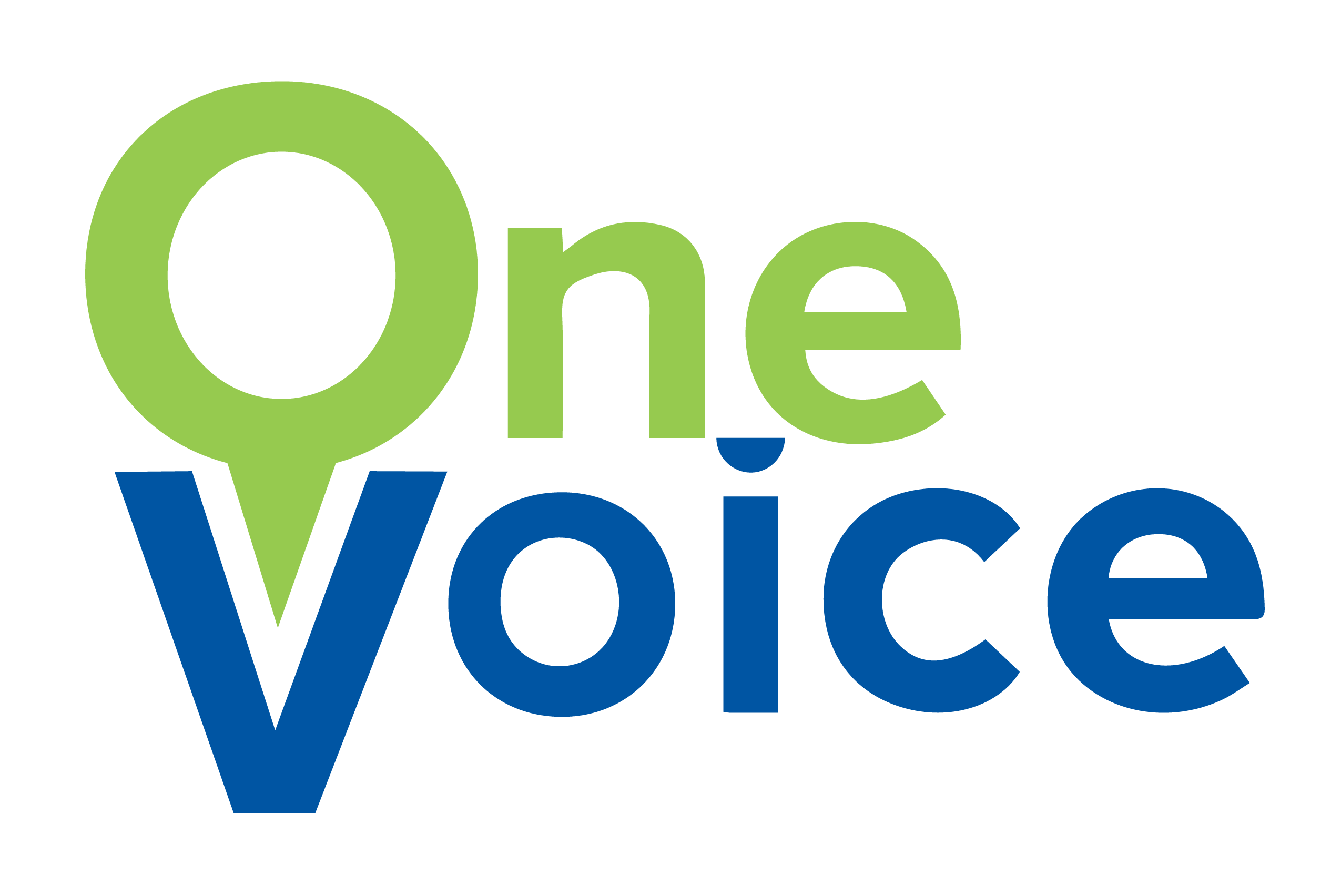August 8, 2022
MISSISSIPPI RANKS 48TH FOR CHILD WELL-BEING BUT IS 1 OF 19 STATES WITHOUT AN EARNED INCOME TAX CREDIT
While a growing number of states are using Earned Income and Child Tax Credits to improve life for children and parents, Mississippi’s children are being left behind.
Today’s children are tomorrow’s future. Unfortunately, Mississippi has the highest child poverty in the country and has not shifted from that ranking in more than a decade. Between 2008 and 2012, 32 percent of Mississippi children lived in poverty. Between 2016 and 2020, child poverty declined across the US: In Mississippi, child poverty decreased to 28 percent, but the state continued to rank last in the nation. The story is even worse for children of color in Mississippi: In 2019, 43 percent of Black children and 43 percent of Latino children lived in poverty.
It is no surprise then that the state now ranks 49th for children’s economic well-being, 50th for their health, 50th for family and community indicators, and 48th for overall child well-being. That is according to new data released Monday in the Annie E. Casey Foundation’s KIDS COUNT® Data Book, which compares states across important indicators of child-wellbeing.
While Mississippi children and parents continue to face some of the greatest barriers to health and economic wellbeing in the country, state lawmakers have failed to put forward targeted solutions. Instead of prioritizing the needs of struggling families, state lawmakers enacted a flat, four percent income tax earlier this year that will mainly benefit wealthy individuals. The new flat tax could be especially harmful to the future of Mississippi kids since it risks draining funding for education, healthcare, and other childhood investments.
How Targeted Tax Credits Improve Child Well-Being
Meanwhile, many other states are creating and expanding tax credits that help families afford the basics. Mississippi is now one of only 19 states without its own state (EITC) – and that number is likely to continue shrinking given the popularity and practicality of targeted tax credits like the EITC.
In addition to the EITC, three states recently created child tax credits (CTCs), which are available to families regardless of income. These state actions came after the expanded federal child tax credit expired last year, despite the critical role it played in reducing child poverty. The CTC expansion cut Mississippi’s child poverty by 8.3 percentage points – one of the largest declines in the US, according to the Urban Institute.
By boosting the incomes of Mississippi families and individuals with low-wage jobs, a state-level EITC would have similar impacts on child poverty. In 2018, the federal EITC lifted about 3 million children out of poverty (5.6 million people overall). EITCs have been shown to improve children’s health, education, and economic outcomes and strengthen local economies. Young kids from low-income, working families that receive the EITC end up working and earning more when they become adults.
Mississippi can learn from decades of research and the many other states that have strengthened child outcomes through targeted and proven tax policies like the EITC and CTC. Tax credits like these make state tax codes more equitable, help families afford the basics, and better position children for success as adults.

Leave a Reply